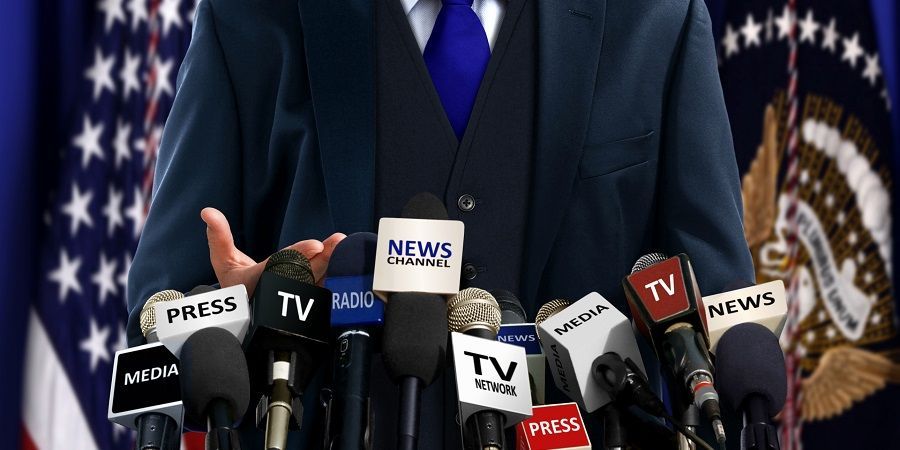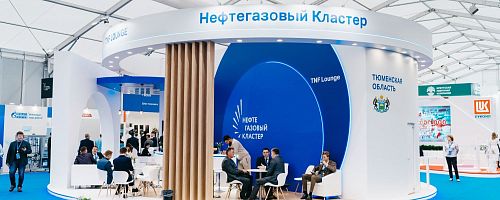Its bid was described as "ambitious" and "a long shot" when announced in 2005. Fast-forward two years and read this: Sochi has as a one-in-three chance of winning the right to host the 2014 Winter Olympics.
No one in Sochi's bid committee, workaholic leader Dmitry Chernyshenko included, is looking past this Wednesday, when the International Olympic Committee decides which of Sochi, Salzburg, Austria and Pyeongchang, South Korea, gets the Games at a meeting of members in Guatemala City.
"I have no idea what I'll do afterward," a largely calm Chernyshenko said during a recent meeting with a couple of reporters in his plush downtown office.
As he leaned forward to pluck a purple grape from a futuristic, steel bowl, Chernyshenko broke the office's holy law. "If ... I mean when Sochi is victorious, there may be a post for me in the organizing committee, but we are completely focused on Guatemala."
An IOC report and a poll from the authoritative web site AroundtheRings.com, both released in June, say there is precious little to choose among the bids.
"It's really tough to call. Sochi's concept is great," said Robert Livingstone, who runs the GamesBids.com web site.
But, Livingstone said, the quality of the bid might have little impact on the voting. "Few of the 102 IOC members are from winter sports countries, so they don't really care who gets the Games," Livingstone said.
President Vladimir Putin said Sunday that Sochi had a good chance of winning -- if no one sabotaged the bid. "We count on the competition in Guatemala being honest, and if it is, then we have every chance to win," Putin said during a meeting with Olympics stars, including figure skater Tatiana Navka and gymnast Svetlana Khorkina, at his residence outside Moscow.
But British bookmaker William Hill has Pyeongchang as the favorite, offering odds of 1.5-to-1. Sochi comes next at 4-to-1, with Salzburg the outsider at 5-to-1.
The 80-strong Sochi delegation has been in Guatemala City for days. It comprises Chernyshenko's bid committee, government ministers, cultural attaches and a technical support team. The cultural team has been promoting all things Russian at various events, while the ministers are buttering up IOC members for all they are worth.
On Friday, bid committee members and Olympic figure skating champion Evgeni Plushenko played a football match against a local team and distributed Sochi shirts to children.
Mariinsky maestro Valery Gergiev conducted a charity concert in the city on July 1 as a prelude to a series of other cultural events that will end with the opening of the Russian House, which will act as the hub of Russian activity for the duration of the IOC meeting.
On an official level, the charm offensive will be led by Putin, who will fly to Guatemala after talks with U.S. President George W. Bush in Maine on Monday.
But most of the legwork is being done by Deputy Prime Minister Alexander Zhukov, Economic Development and Trade Minister German Gref, Transportation Minister Igor Levitin, Federal Agency for Physical Culture and Sports head Vyacheslav Fetisov, and Sochi administration officials.
The importance of their work cannot be underestimated, said Gordon Farquhar, a BBC journalist who covered London's successful bid for the 2012 Summer Games. Last-minute lobbying from higher-ups plays a crucial, perhaps decisive role in a neck-and-neck race, he said.
"The factors that swung it for London were Tony Blair being in town four days ahead of the vote and seeing something like 25 members personally, plus a splendid performance from [bid leader] Sebastian Coe on the day," Farquhar said in an e-mail.
The IOC will announce its decision Wednesday at Guatemala City's Westin Camino Real hotel at 5 p.m., which equates to 2 a.m. Thursday in Moscow. Earlier in the day, each city will make a 45-minute presentation followed by a 30-minute news conference. Sochi goes first, followed by Salzburg and Pyeongchang.
Chernyshenko has promised "a few surprises" and "the use of technology" for Sochi's presentation. He would not elaborate, citing fears that he would give his rivals a competitive edge if he did.
After lunch, IOC members will retire to vote, in a procedure that is scheduled to take what must be an unbearable 30 minutes. There will be two rounds of voting: The city with the fewest votes is eliminated in the first round.
Of the 111 members of the IOC, 102 are eligible to vote in the first round. IOC president Jacques Rogge is forbidden from the process and members from bidding countries cannot vote while their candidate is still in the race. That means once a city drops out in the first round, more IOC members will be freed to vote in the second and final round.
During that time, the pros and cons of each bid will be firmly etched in their consciousness.
Sochi's are as follows: It is an exciting bid with a unique, coastal-mountain "cluster" concept; Russia is one of the world's top winter sports nations, but has yet to host the Winter Games; and the bid has widespread support from the Kremlin, government and public.
The IOC expressed concerns, however, over the relatively short amount of time available to build all the facilities, the potential environmental impact and visa procedures.
A concern that was voiced early on but that seems to have petered out was Sochi's proximity to Georgia's breakaway Abkhazia region.
The bid committee expertly turned those frowns upside down, saying building from scratch will allow the construction of the world's most modern facilities and that each facility will need the green light of an ecological working group to be built.
Putin has said Russia is ready to abolish visa requirements for European Union countries as soon as the EU is ready to reciprocate.
To guarantee security, 19,000 policemen would be deployed for the two-week duration of the Games.
Salzburg, an established top-class winter sports destination, is seen as the safe choice. Most facilities are already in place, which takes care of several issues in one fell swoop, and packed grandstands are practically guaranteed.
Austria has hosted the Games twice before, in Innsbruck in 1964 and 1976. Sochi and Pyeongchang view that as a negative point, of course, while Austria says it serves as a proven track record.
Low public approval ratings and the fallout from an Austrian team doping scandal at the 2006 Games in Turin could hurt the Salzburg bid.
A Pyeongchang Games would be the first in Asia outside Japan. Its officials maintain that the Olympic spirit could help foster closer ties between the Koreas. The IOC said the bid was an "excellent concept."
Its perceived weak points are nuclear tensions with North Korea, the remote location and the fact that South Korea is set to host the 2011 world track and field championships as well as the 2014 Asian Games.
Russia has earmarked $1.5 billion for the Games themselves, as has Salzburg. Pyeongchang has allotted $1.2 billion.
Russia has a federal target program in place that sets $12 billion of public and private money to bring Sochi's infrastructure up to international standards. An additional $30 million was budgeted to promote the bid. That money went to developing the Bid Book, foreign and Russian consultancy costs, advertisements and operational expenses. Chernyshenko himself visited more than 50 countries on six continents in the last two years in his quest for hearts and minds.
A sizeable amount of the promotional budget appeared to have gone to the Sochi 2014 bid committee's Krasnaya Presnya office. In the hive of excitement on a recent visit, dozens of young, hip employees zipped around the small but trendy office, pushing paper, discussing the bid, or sitting at their swanky desks. Everything said Sochi 2014 on it, from the pens in their hands to the teaspoons in their cups.
Sochi 2014 is slick and ruthless PR machine. Journalists have been bombarded with e-mails and phone calls from overly polite employees with the latest updates. "Sochi has the most developed marketing program, including the placement of TV ads on CNN International and BBC World feeds," AroundtheRings.com says.
Journalists, after all, are "one of the most important members of the team," Gref said at a recent news conference.
As any advertising agency will say, half the job is having a great product to promote. In this regard, Sochi does not disappoint, as it did when it failed to register as a candidate for the 2002 Games.
Proof of that came in June, when the IOC report, on which voting members may base their decision, made 63 positive remarks about Sochi's bid. Pyeongchang received 59, and Salzburg got 47. On the other hand, Sochi received 17 negative remarks. Salzburg failed in 25 areas whereas Pyeongchang registered only 11 negative remarks.
The AroundtheRings.com poll evaluated all three bids equally, giving them 83 points on a 110-point scale.
...
Sochi's 2014 Bid Comes Down to the Wire
Its bid was described as "ambitious" and "a long shot" when announced in 2005. Fast-forward two years and read this: Sochi has as a one-in-three chance of winning the right to host the 2014 Winter Olympics.











